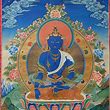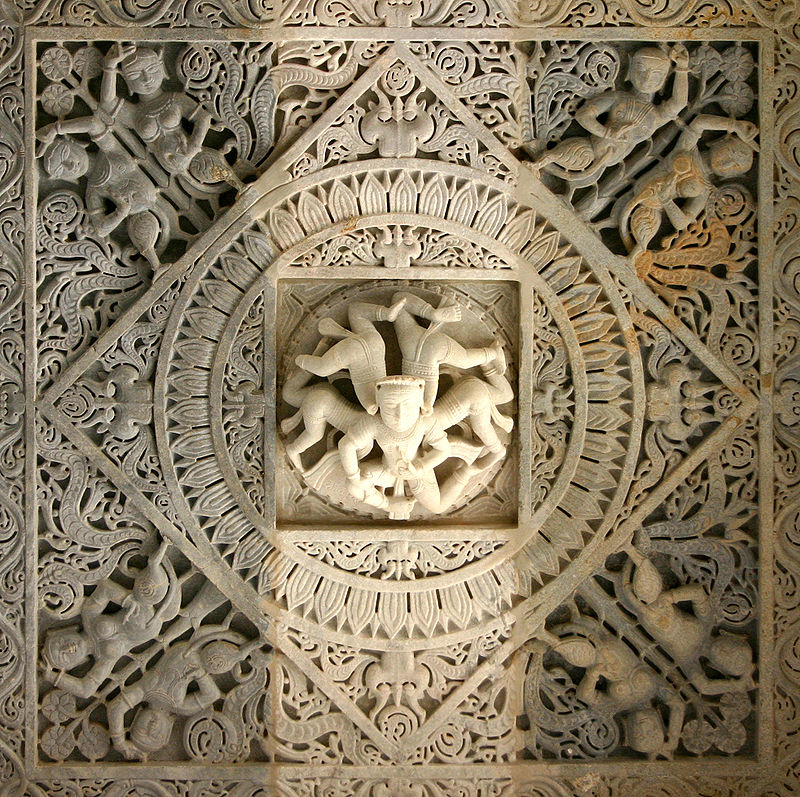The World-Cultural-Heritage &
the world-cultural-shock in 2024
Jain respect for life
Text is written by MYRTLE LANGLEY

JAINISM IS AN ANCIENT INDIAN RELIGION. Its most distinctive doctrine is its belief in ahimsa, or non-violence to living things, which has influenced many non-Jains, including Mahatma Gandhi. Jains believe that the universe has neither beginning nor end - there is no creator god. The universe passes through a never-ending number of cosmic cycles.
Each cycle is divided into periods of ascent and decent, during which civilization rises then falls. Tirthankaras (ford-makers) appear; there are 24 in each cycle. They first of all conquer their own passions and emotions, thus liberating and perfecting themselves, and then guide others across the "river of transmigration" (the journey of the soul from one life to the next).
Jains believe that the final Tirthankara of the present period was Mahavira, founder of Jainism. Tirthankaras are also called Jinas (conquerors) - the word from which Jains take their name.
Sikh teaching
Text is written by MYRTLE LANGLEY

SIKHS CAN BE FOUND in almost every part of the world. Their gurdwaras (temples) adorn the cities of Britain, East Africa, Malaysia, the west coast of Canada, and the United States. The vast majority, however, live in India.
Their founder, Guru Nanak, was born in the Punjab in 1469. Nanak taught a new doctrine of salvation, centring on two basic ideas, one about the nature of god, one about the nature of humankind. To Sikhs, God is single and personal. He is the Creator with whom the individual must develop the most intimate of relationship.
People are wilfully blind; they shut their eyes to this divine revelation and need a guru (a spiritual guide) to teach them. The idea of the guru lies at the heart of the Sikh religion: even the name "Sikh" comes from an old word meaning "disciple".
After Nanak, there were nine more gurus. The last guru passed his authority to the community and to the Sikh holy book.
